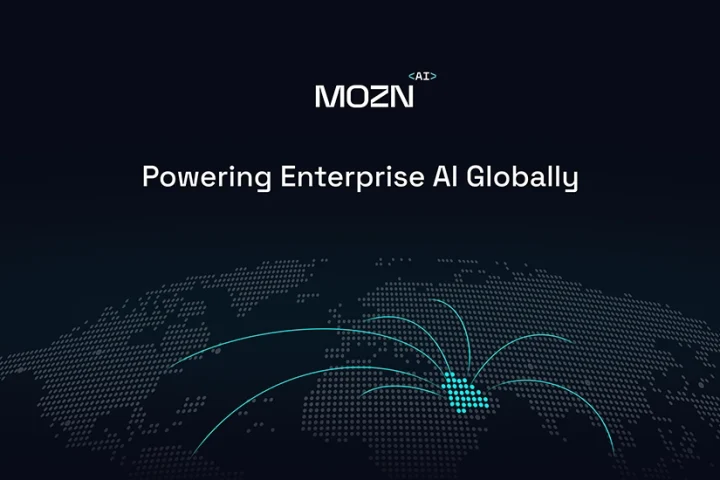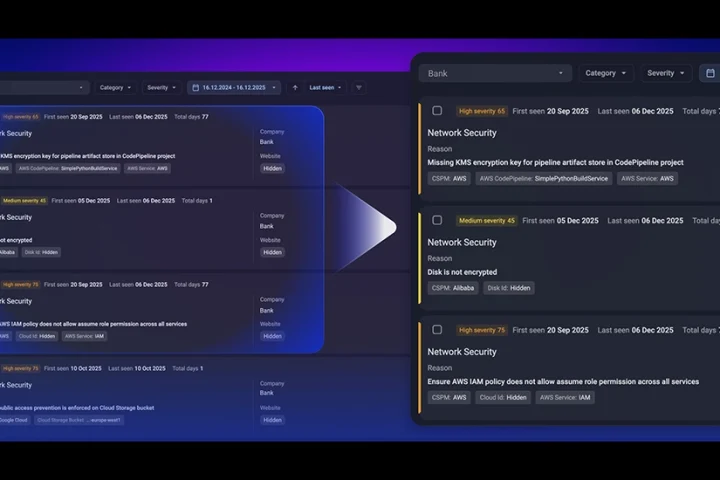In the new cloud environment, manual processes around DNS, DHCP and IP management, collectively known as DDI, can often have a negative impact on cloud agility. In addition, such legacy approaches can cause inconsistencies across hybrid deployments, and an increase in vulnerabilities that can lead to outages, security breaches and a poor experience for end-users.
To avoid such an impact on a network’s security, integrity and efficiency, it’s important for organizations to consider the benefits of investing in a unified platform to centralize the management of the core services that lie at its foundation.
A promise far removed from reality
The differences between spinning up a new compute instance and actually getting a working instance on to a production network, into service, and in sync with the traditional network infrastructure can mean that the hype and promise of the cloud is often far removed from reality.
If DNS and IP addresses in the cloud aren’t being managed from a central resource, IT teams may find themselves faced with an incomplete and out-of-date view of their networks, their virtual private clouds, IP addresses and the DNS records being assigned. The use of multiple platforms in the hybrid environment also means that there is no correlation and consistency of common resources such as DNS zones and networks.
Arguably one of the main attractions of cloud deployment – the promise of rapid delivery – can be hindered by the time it can take for the manual provisioning of DNS records and IP addresses in a virtual environment. It may sound simple, but without a DNS entry, those virtualized resources cannot be seen on the network. And if they can’t be seen, they can’t be used. If you can provision resources in a matter of minutes, but have to wait days or even weeks to get them in use, you’re not getting the value from your investment in cloud technology.
What’s more, the possibility of a potentially costly network outage caused by unreliable DNS, DHCP and IP address management services can pose a significant threat to any organization, with risks that extend beyond just the network itself, as evidenced by recent news headlines.
The foundation of any organization
Those organizations with clouds running critical workloads or spanning multiple different geographical locations, require a foundation of highly available and secure DDI services to provide them with the scalability and resilience they need to perform effectively.
Improving resource planning and reducing security risks, the automation of DNS provisioning as part of existing workflows and the clean-up when VMs are destroyed can eliminate unnecessary manual processes and trouble tickets.
In order to avoid any blind spots and incongruent views within the network, the consolidation of different terms and naming conventions via a single, unified console allows virtual machines and network components to be discovered and tracked across disparate platforms and cloud environments. The destruction of a VM will automatically be documented, its DNS record cleaned up, and its IP address released, ensuring that all appropriate information is accurate and up-to-date.
The network is the foundation of any organization, and keeping that network strong, stable and secure should be a top priority as more businesses transition to a hybrid cloud environment.
Making it fast and easy for IT teams to take charge of core network services and security through one unified platform will strengthen and secure that foundation, increasing business speed and agility, and will allow organizations to embrace the opportunities this new paradigm represents.
















